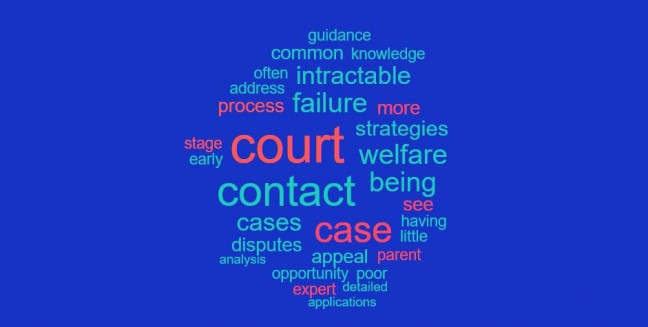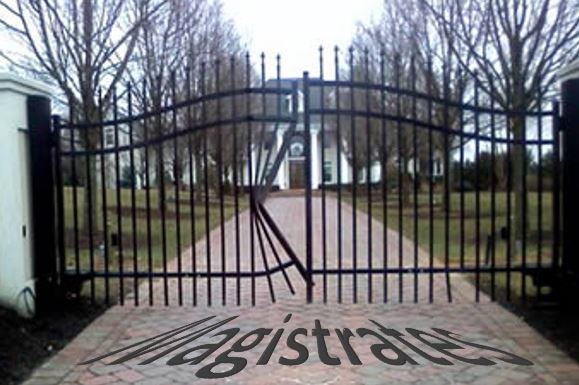When intractable contact dispute cases fail to be resolved there are common reasons, and ones which involve how the cases are managed by the court and professionals involved in proceedings. Some of those cases are salvageable, while for others the long length of proceedings acts as a bar to the court entertaining a different approach.
My criticism isn’t universal and I acknowledge there are experienced and highly capable judges and welfare officers. It’s that very observation which sees me compare what, in case management terms, is the good, the bad and the ugly (one movie we didn’t see this Christmas). Sadly, justice and positive outcomes remain reliant on the quality and experience of the individuals involved, with a lack of process and poor adherence to what process exists exacerbating problems. The appeal system alone is an inadequate means of quality control to identify poor practice and capability.
Rather than intractable contact disputes being complex, these are often cases made complex by poor investigation, inadequate welfare analysis and failures to apply and carry through strategies from an early stage. These are common reasons for failure, and the saddest thing of all is that none of these should come as a surprise. Continue reading Failings in Intractable Contact Cases Continue


